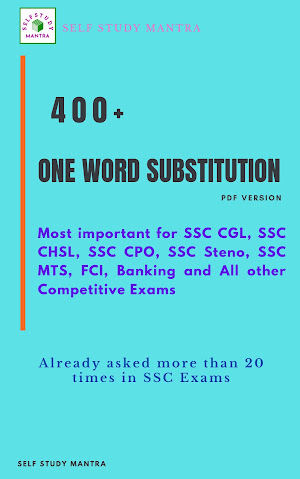The Fundamental Rights enshrined in the Indian Constitution form the cornerstone of the nation's commitment to safeguarding individual liberties and promoting equality. These rights, outlined in Part III of the Constitution, grant citizens certain essential freedoms and protect them from discrimination and arbitrary actions by the state. In this article, we explore the significance and scope of Fundamental Rights in the Indian Constitution.
Fundamental Rights and the Indian Constitution
The Indian Constitution, adopted on 26th January 1950, recognizes the inherent dignity and worth of every individual and seeks to secure for its citizens justice, liberty, equality, and fraternity. The Fundamental Rights outlined in Articles 14 to 32 ensure the protection of these values and empower individuals to exercise their rights and freedoms without undue interference.
The Fundamental Rights guarantee various aspects of personal freedom, including the right to equality, right to freedom of speech and expression, right to life and personal liberty, right to protection against discrimination, right to freedom of religion, and right to constitutional remedies. These rights are not absolute and are subject to reasonable restrictions in the interest of public order, morality, and national security.
Also Read: Essay on Vasudhaiva Kutumbakam
The right to equality ensures that all citizens are treated equally before the law. It prohibits discrimination on grounds of religion, race, caste, sex, or place of birth. The right to freedom of speech and expression grants citizens the freedom to express their thoughts, opinions, and ideas without fear of censorship or reprisal. The right to life and personal liberty protects an individual's right to live with dignity and safeguards against arbitrary arrest or detention.
The right to protection against discrimination ensures equal opportunities and safeguards against any form of discrimination in public places, employment, or access to public services. The right to freedom of religion guarantees the freedom to practice and propagate any religion of one's choice, while also ensuring respect for secularism and religious harmony.
The Fundamental Rights also provide individuals with the right to constitutional remedies. This means that if any of their Fundamental Rights are violated, they have the right to approach the courts for redressal. The judiciary plays a crucial role in upholding and interpreting these rights, acting as the protector and interpreter of the Constitution.
Also Read: Essay on Artificial Intelligence
The Indian Constitution recognizes that a vibrant democracy and a just society can only thrive when individual liberties are protected, and equality is promoted. The Fundamental Rights serve as a safeguard against any form of tyranny, ensuring that citizens can participate fully in the democratic process, voice their opinions, and hold the government accountable.
However, it is important to strike a balance between individual rights and the larger interests of society. The Constitution allows for reasonable restrictions on Fundamental Rights to maintain public order, protect national security, and preserve social harmony.
Also Check: Trending Essay Topics
In conclusion, the Fundamental Rights enshrined in the Indian Constitution are an embodiment of the country's commitment to individual liberties, equality, and social justice. They empower citizens to exercise their rights freely, ensuring a democratic and inclusive society. While enjoying these rights, it is equally important to recognize the responsibilities that come with them and respect the rights of others. Upholding and protecting the Fundamental Rights is a collective responsibility that ensures a just and equitable society for all.
Also Read:





















0 Comments